Connecting coastal processes with global systems
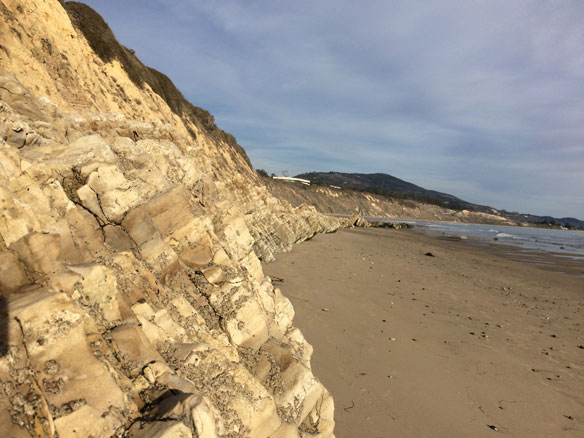
We live, work, and play at the coast. About 40 percent of the world’s population currently lives near the coast. By 2100, more than twice as many people could live in areas susceptible to flooding, given sea level rise, urban growth, and high carbon dioxide emission scenarios.
Outcry as Spanish beach sprayed with bleach
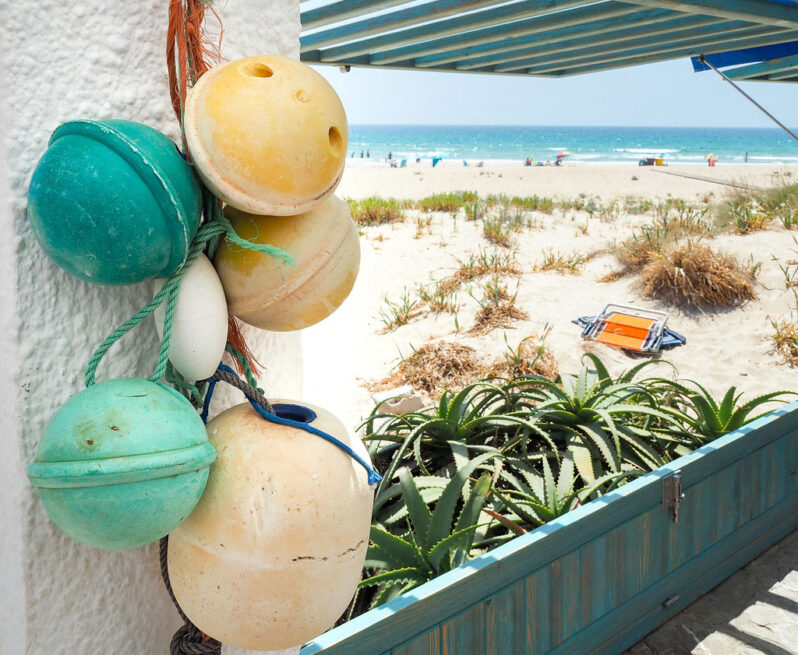
Authorities in a Spanish coastal resort near Cadiz, have apologised after spraying a beach with bleach in an attempt to protect children from coronavirus. Environmentalists say this unnecessary move caused “brutal damage” to the local ecosystem.
Spain: reservation for the beach needed this summer
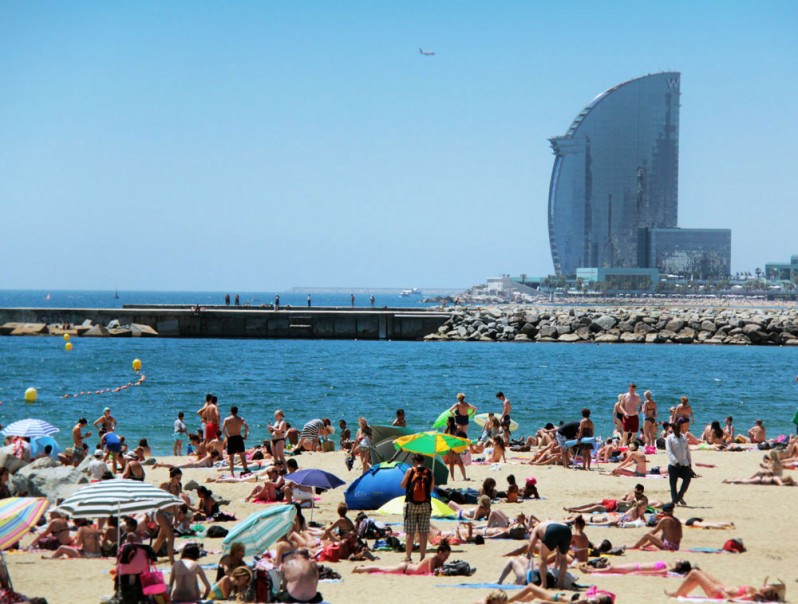
A Mediterranean town located just north of Valencia, Spain, will only allow 5,000 daily sunbathers on its local beach, around half the usual number, in order to maintain social distancing. These spaces will need to be reserved in advance via a mobile phone app.
EARTH DAY LIVE – 2020
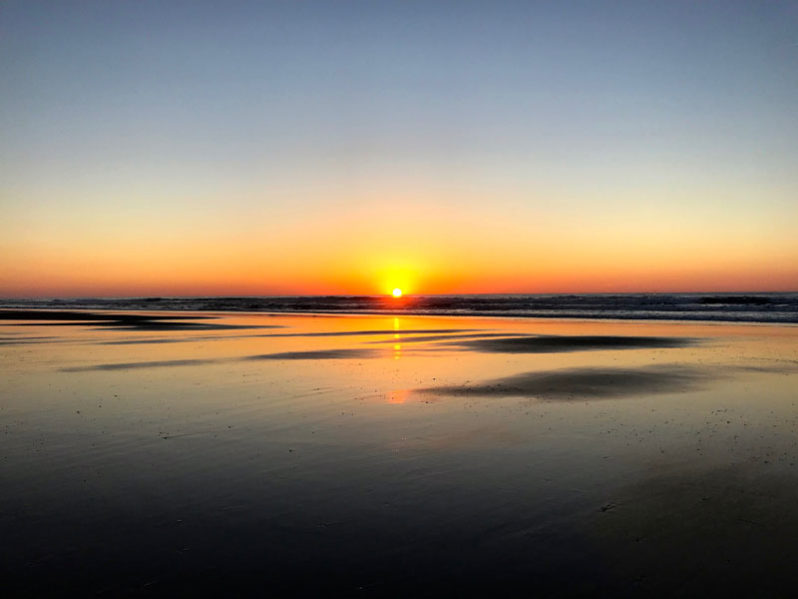
On April 22, we’re flooding the world with hope, optimism and action. Will you join us? Watch Live.
Images of Venice from space show how current crisis has changed the city’s iconic canals
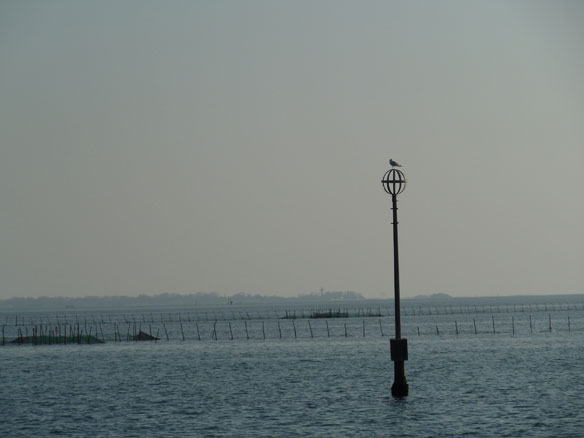
The European Space Agency has released two images of Venice, taken one year apart, which highlight the impact the coronavirus pandemic has had on its famous waterways.
Sun, sea, sand and space as coronavirus empties Asia’s beaches
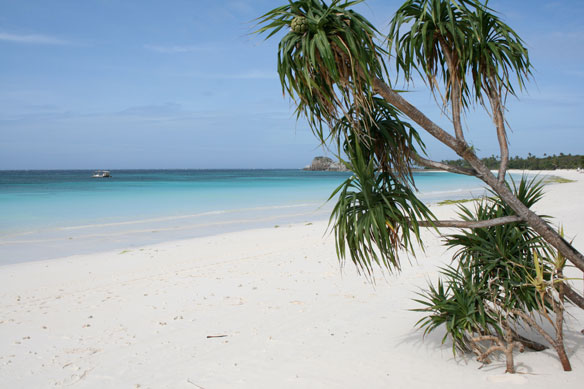
The picture in Bali is similar at other top Asia Pacific destinations such as Sydney’s Bondi Beach and Thailand’s Phuket.
A beach coronavirus warning meets a tidal wave of controversy, and the test of science
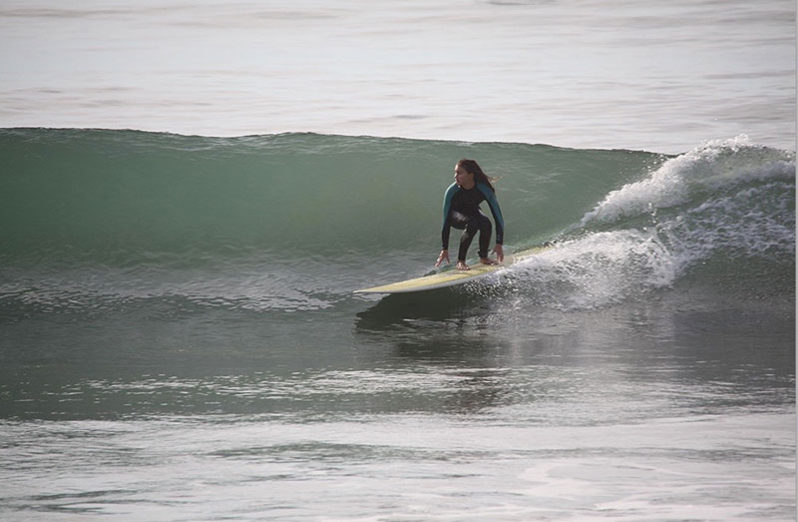
For weeks, a debate has been raging over whether going to the beach or swimming in the ocean increases your risk of catching or transmitting the coronavirus. The issue has rankled surfers, overwhelmed and confused anyone seeking the fresh air and freedom of the coast – mislead by initial news reporting out of context.
The Impressive changes of Cartagena’s bay
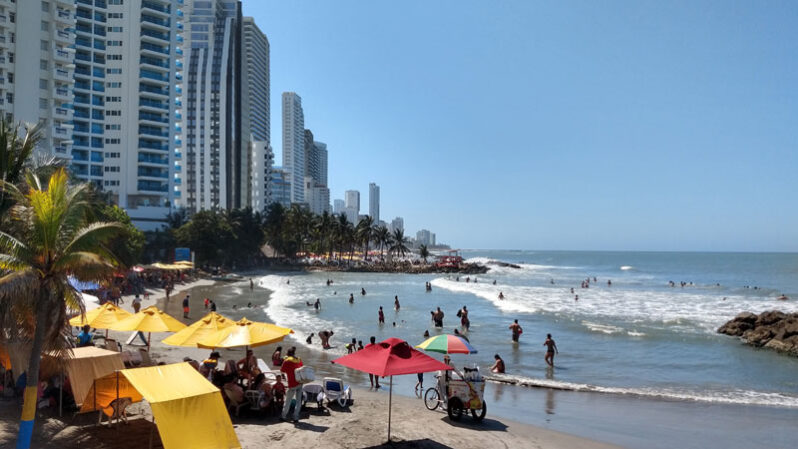
As a consequence of the confinement measures and beaches closures in Colombia, the Cartagena Bay’s waters are now crystalline.
Seychelles designates huge new marine reserve
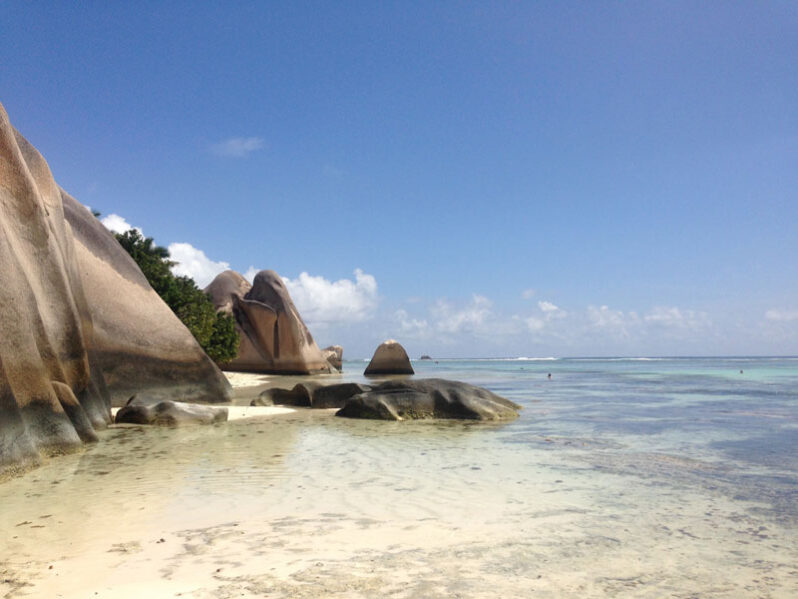
The 210,000-square-kilometre (81,000-square-mile) zone — an area equivalent to nearly half of the Black Sea – is intended to protect both the sea and the archipelago’s economy.
